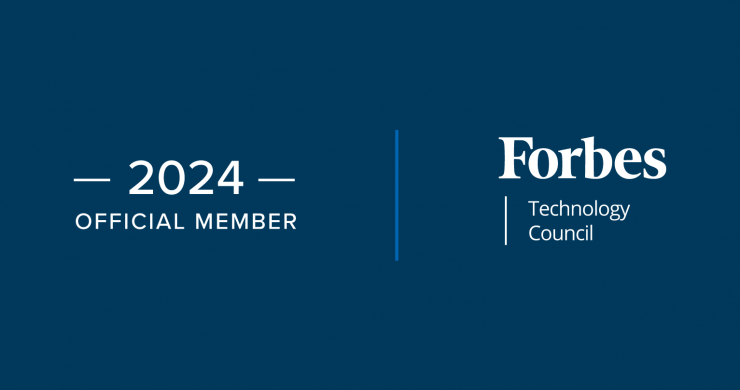How Can A.I. Enabled Process Automation Enhance Business Forecasting?

Across industries, organizations rely on analytical data to help them make strategic decisions and manage supply chains. But this administrative task can be lengthy; from gathering the necessary data to forecasting the potential outcomes, this can have a significant impact on costs and unnecessary labor.
Although most businesses know how important predictive sales forecasting is, many are falling short of their own estimations. Research has shown that 79% of sales organizations miss their sales forecast by more than 10%. Clearly, businesses are in need of more accurate forecasting methods to reach their goals.
From predictive analytics in healthcare to finance and beyond, how can A.I. enabled process automation enhance forecasting methods? Let’s find out.
Pharmaceutical automation and forecasting medical prescriptions
An Oxford University study found that 44% of all administrative and clerical tasks in general medical practices can be either mostly or completely automated. This also applies to forecasting.
With such huge pressure facing pharmacies and medical practices in recent times, many in the healthcare industry are critically reliant on their forecasting methods to keep their supplies in stock and fill prescriptions. In 2020, retail prescriptions filled in the US alone rose to 4.55 billion, as opposed to $4.38 billion in the previous year.
One global pharmaceutical company wanted a forecasting model that could accurately predict the number of dispensed prescriptions for two of their most in-demand medications. Using A.I. enabled process automation, we were able to build a forecasting system capable of making daily predictions across the next 30 days, achieving an average accuracy level of 98.5%.
These highly predictable insights enabled them to order the correct amount of medication each month to ensure each patient received their correct prescription on time.

Automating financial forecasting
Ensuring accurate financial forecasting is essential for quarterly and annual budget plans. But this task is often carried out manually on Excel spreadsheets, meaning they take a lot of time to complete. Additionally, they’re prone to huge margins for error, with a KPMG study finding that just 1% of businesses meeting their own forecasts over the last three years.
The cost of inaccurate forecasting can be huge to financial businesses. In the same study, executives estimated that these errors have knocked off approximately 6% of their share prices as a result.
Using A.I. enabled process automation, financial companies can better utilize their existing data and ensure high accuracy levels with every forecast. This solution has the ability to identify key business drivers and greatly reduce forecast errors by removing human fatigue and bias towards positive results.
Overall, the KPMG study found that automation is the leading solution that financial leaders have the most confidence in, with 42% in favor of using it for future forecasting.
Implementing automation in manufacturing forecasts
In the manufacturing industry, business leaders must carry out regular forecasts to anticipate product demands, sales volumes, and manage their supply chains.
A.I. enabled process automation has the ability to accurately forecast future product demand based on historical data and enable manufacturers to make strategic decisions to their supply chains accordingly.
In fact, IBM research found that 75% of retail and 75% of consumer products companies plan to use this technology in their supply chains in 2021. Additionally, it can be used for predictive maintenance across production lines, helping manufacturers avoid machine failure, increasing overall productivity by up to 20%.
–
From automation in healthcare to manufacturing and beyond, A.I. enabled process automation is a powerful tool when used to enhance forecasting models. By enabling businesses to essentially see into the future, automation provides hugely measurable and accurate insights which allows companies to make the right strategic decisions for further growth.
Discover how we provided a pharmaceutical company with a predictive sales forecasting model that enabled them to predict prescription volumes with accuracy levels of 98.5%.

Get the latest roundup of the most important, interesting and stories from the past week. In your inbox every Saturday by 10am.
Related Articles you might like
The House Task Force road map that will transform businesses with responsible AI
On Tuesday, the Artificial Intelligence House Task Force released a substantial 253-page report outlining the principles for ethical and responsible […]
View Blog PostRecognized as a member of the Forbes Technology Council
We are proud to announce that Intelygenz President, Chris Brown is now a member of Forbes Technology Council. A vetted […]
View Blog PostKey Strategies for Financial Institutions to Unlock AI Value
In the financial services sector, artificial intelligence (AI) is often heralded as a transformative force capable of revolutionizing everything from […]
View Blog Post

